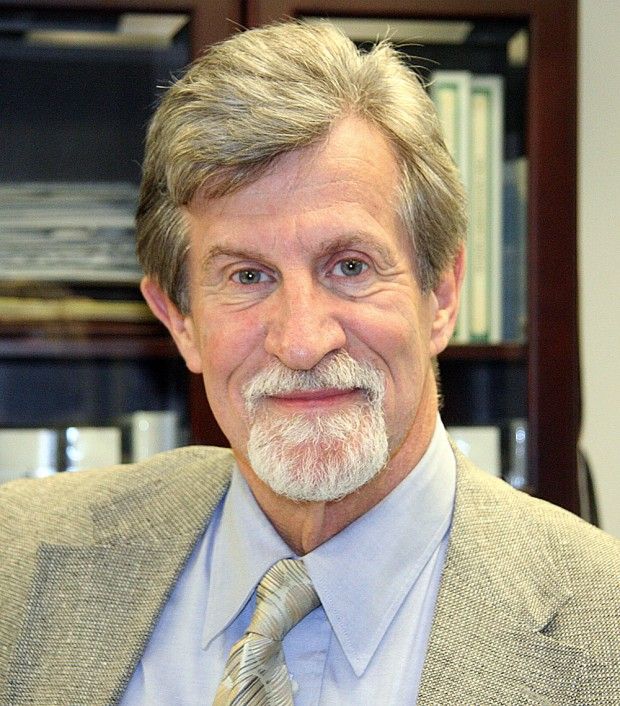"Spotlight" Shines on an All-to-real Scandal
By Larry Annett
Spotlight (now playing at Micon — Eau Claire) is a lightly fictionalized story of the team of Boston Globe reporters who in 2002 exposed pedophile priests and the Catholic Church’s attempts to cover-up their behavior. How do you make a movie about horrific child abuse without showing the abusers, much less the abuse itself? Even documentaries show the crime scene and dwell on the emotional recollections of the survivors. But writer/director Tom McCarthy has built an engaging narrative where the action is largely limited to watching reporters plead with their sources to tell them the truth. Although this story eventually became an international scandal, its seeds could not have found a more fertile soil than Boston, a city obsessed with ethnic politics and a church that dominates the city’s working classes — a city where every confrontation carries the weight of tribal loyalties. The movie’s story is not about child abuse per se, but about how a small group of tenacious reporters uncovered the priests’ behavior and how the church marshalled its resources to protect itself. As one of the reporters tells a church lawyer, “we’ve got two stories here: the sexual abuse by priests and the story of a group of lawyers who have turned child abuse by priests into a cottage industry. We’re going to print one — you decide.” The crimes may be unforgivable, but the cover-up is unconscionable. The large cast is superb. Mark Ruffalo, Michael Keaton and Rachael McAdams do the digging while John Slattery (Don Draper’s boss in early Mad Men) directs the team. Stanley Tucci is the only “character”, a lawyer with a heart of gold hidden behind a wall of rudeness. The story never loses focus. McCarthy does not distract us with subplots about workaholic reporters neglecting their spouses and children (although they’re clearly there in the background). The quest is a serious matter. The only light conversation is tossed around by those trying to deflect the issue. Every conversation moves the story forward. On its surface Spotlight is about the power struggle between an independent press and the formidable resources of the Catholic Church. In that sense it’s an underdog story, with the reporters in their bunker-like offices doggedly following the story wherever it leads. We listen to conversations that lead to decisions and watch these decisions play out. This is a movie that demands you listen. Paying attention is facilitated by the total absence of action. The only chase scenes are reporters running down hallways to make copies. But there’s a deeper message as well: there are no victories without spoils. What is destroyed is faith in the church. While the investigators are largely lapsed Catholics, it is Michael Rezendes (Ruffalo) who realizes that his quest for the truth has so disillusioned him it has robbed him of an option that he treasured — that he could always return to the Church. Our increasingly secular society prides itself on having a set of humanistic values that preclude judgement. But as we know from the world stage and our own domestic politics that only works if we all agree to play by our self-imposed rules. Without an established institution to fall back on you might be scrambling for a support group — or worse, be left all alone. The world exposed in Spotlight has no defenders. But it is also a world that stands apart from our self-obsessed culture where being a victim often grants status. The news is filled with those who have been wronged clamoring for their time on camera. The victims of clergy abuse prefer silence and even their most passionate advocates in the film respect their desire to heal in private. Newspapers are not private and Spotlight understands the dilemma of revealing the perpetrators without exposing their victims. This film invites to reflect on the consequences of doing the right thing — both as a society and as an individual.
|
.
Any original material on these pages is copyright © BishopAccountability.org 2004. Reproduce freely with attribution.
